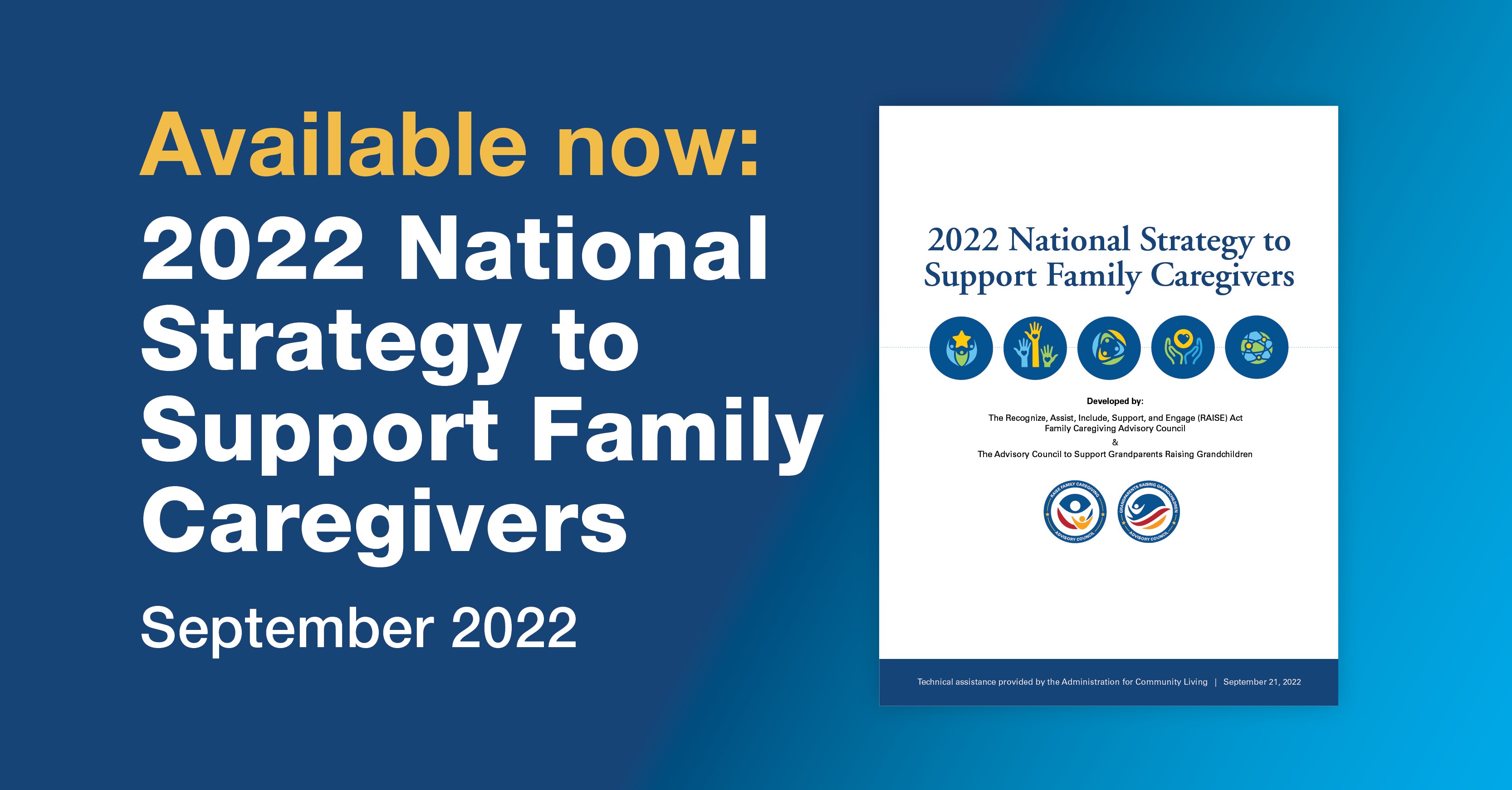Caregiver and Dementia Support
Main_Content

Family Caregiver Support Program
The Maryland Family Caregiver Support Program is administered by the local network of
Area Agencies on Aging with funding from the federal Administration for Community Living. The program helps family and informal caregivers care for their loved ones at home for as long as possible. Family caregivers are the major source of unpaid help for older and disabled adults living in communities across the state. These caregivers typically include spouses, adult children, relatives, and friends.
Maryland's Family Caregiver Support Program works in conjunction with a host of State and community-based services to create a coordinated array of supports for individuals who need them. Studies show that these services can reduce caregiver depression, anxiety, and stress and enable them to provide care longer, thereby avoiding or delaying the need for costly institutional care. The program
offers five types of Caregiver Services:
Eligible Caregivers
- Adult family members or other informal caregivers age 18 and older providing care to individuals 60 years of age and older;
- Adult family members or other informal caregivers age 18 and older providing care to individuals of any age with Alzheimer's disease and related disorders;
- Grandparents and other relatives (not parents) 55 years of age and older providing care to children under the age of 18; and
- Grandparents and other relatives (not parents) 55 years of age and older providing care to adults age 18-59 with disabilities.

ACL's 2024 Progress Report on the Federal Implementation of the 2022 National Strategy to Support Family Caregivers is available. You can download it here.
November is National Family Caregivers Month
National Family Caregivers Month – celebrated each November — is a time to recognize and honor family caregivers across the country. Celebrating Family Caregivers during National Family Caregivers Month enables all of us to:
-
Raise awareness of family caregiver issues
- Celebrate the efforts of family caregivers
- Educate family caregivers about self-identification
- Increase support for family caregivers
- Reduce feelings of isolation
